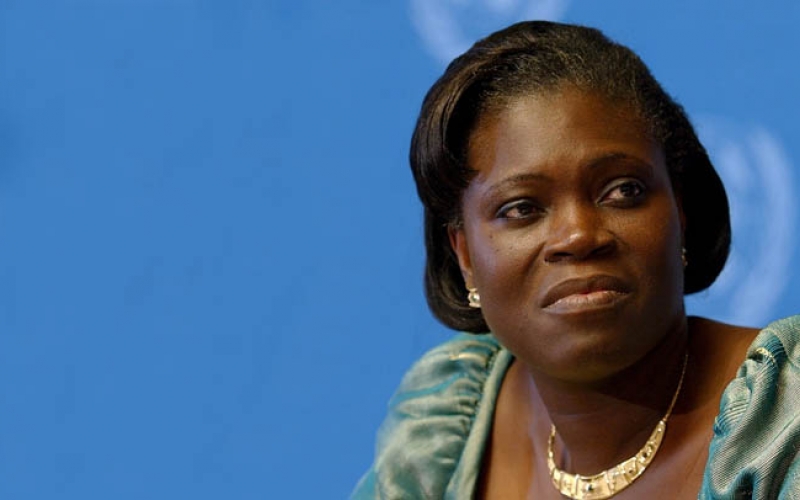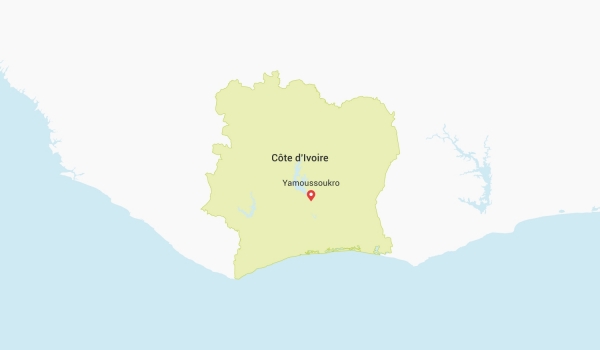ICC judges confirm Côte d’Ivoire obliged to transfer despite domestic trial
In December 2015, the ICC Appeals Chamber confirmed the Court's jurisdiction over Simone Gbagbo and Côte d’Ivoire’s obligation to surrender her. Côte d’Ivoire had challenged ICC jurisdiction in the case, arguing that it had already initiated complementary domestic proceedings against the former first lady, removing the need for the ICC’s intervention.
In March 2015, Côte d’Ivoire’s Assize Court convicted Simone Gbagbo and other pro-Gbagbo supporters for political crimes in relation to the 2010-11 post-election conflict, including disturbing the peace, forming and organising armed gangs, and undermining state security.
However, ICC appeals judges found that the domestic proceedings did not cover the same crimes as those covered by the ICC case.
Gbagbo was again tried at the Ivorian court, this time on crimes against humanity charges similar to those upon which her ICC arrest warrant was based. However, she was acquitted in March 2017 over a lack of evidence amid claims of proceedings mired in fair trial failures, leading civil society to renew its call for her to be surrendered to the ICC to face genuine crimes against humanity proceedings.
Civil society has found flaws in the domestic judicial process against Simone Gbagbo, noting the importance to victims that genuine domestic proceedings extend beyond political crimes and address massive human rights violations, such as crimes against humanity.


